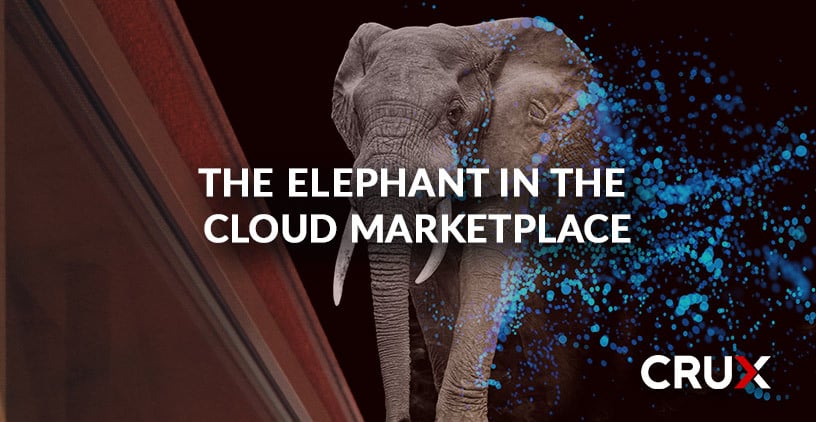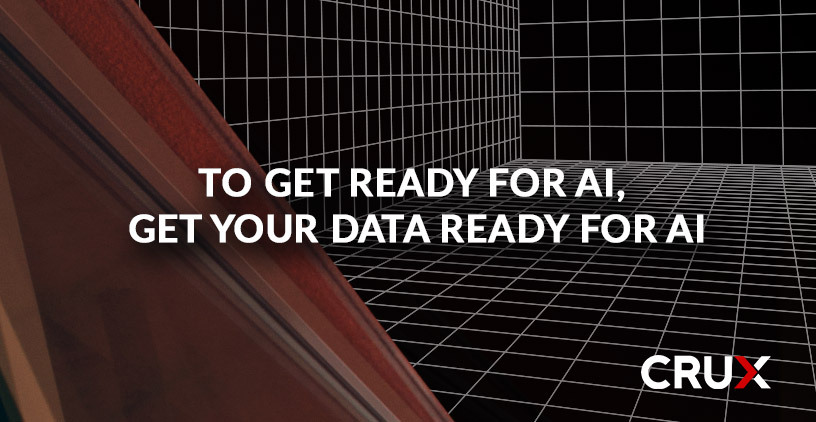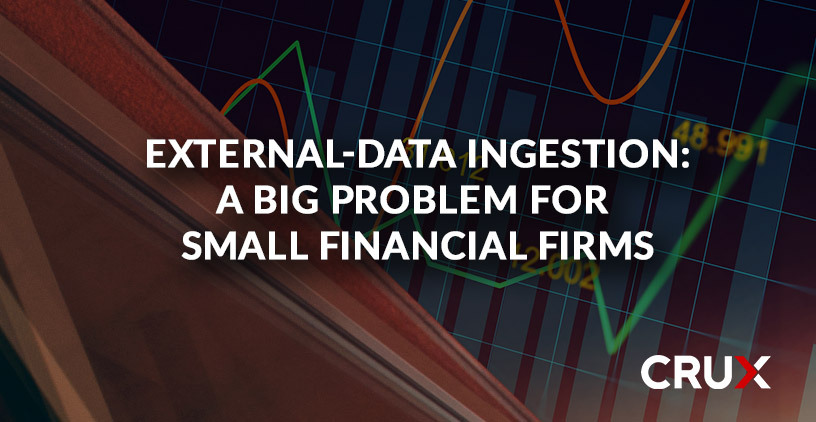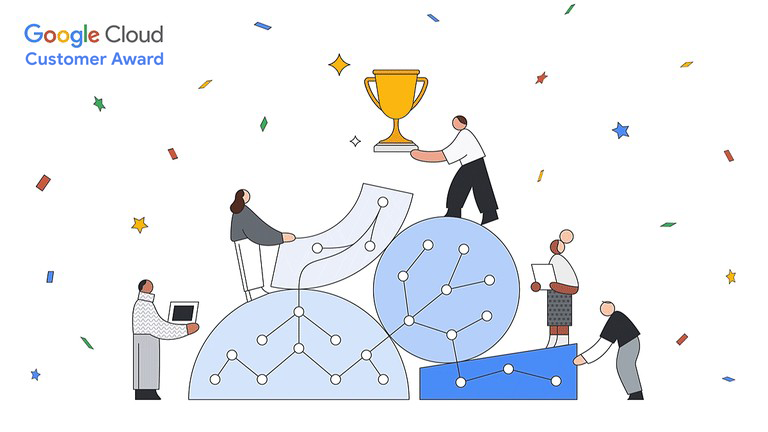What Cloud Marketplaces Do and Don’t Do
Not long ago, we observed here in our blog that the critical insights that drive business value come from data that is both (1) fast and (2) reliable.
Picture this. You are us–Crux.
Your business model has you handling eye-poppingly huge swaths of data to make it easily ingestible and analytics-ready. You use a broad range of technologies to deliver unique, complex, data-intensive products to large enterprise customers around the world. And you have to do all of this while meeting those customers’ rigorous compliance, scalability, and performance demands.
How do you do it all?
With help.
On August 28, 2023, Google Cloud named Crux a 2023 Customer of the Year award winner. With this award, Google Cloud recognizes Crux for demonstrating and inspiring growth, innovative technical thinking, technical excellence, and transformation.
Here at Crux, we are delighted.
“As a Customer of the Year Award winner, we’re extremely proud to be recognized by Google Cloud for our technology collaboration, innovation, and best-in-class use of their products and services,” said Ivan Batanov, Crux’s senior vice president of engineering. “Our partnership with Google Cloud enables us to deliver highly scalable and cutting-edge SaaS solutions to our customers and leverage the latest technologies like data lakes and generative AI.”
External data, as Cruxers are fond of saying, is a special kind of hard. Many is the organization that has lost a lot of time and a lot of money amid the frustrations of onboarding external data. It takes a lot of technical power to make that happen–especially if you want to make sure that it’s done right and you don’t wind up with mysteriously broken pipelines. We’re proud of the work we do–and we’re proud of our partners who help make that happen.
All of this is to say that this award is not only about us–and great products don’t just happen on their own. Google Cloud’s extensive data processing and analytics capabilities have proven transformative as we’ve been developing new products. Developers can use tools like BigQuery to quickly process and analyze large volumes of data, while services like Dataflow and Dataproc provide powerful data-processing and machine-learning (ML) capabilities. Meanwhile, Kubernetes and Cloud Build help our developers quickly build, test, and deploy their applications at scale.
The result is that, thanks to Google Cloud’s powerful tools and services, Crux is able to easily build applications that are faster, more robust, and more scalable.
(Google Cloud’s ML services in particular are highly scalable, able to process massive amounts of data. At Crux, we’ve found that these services have made it relatively easy for us to build predictive models, natural-language-processing applications, and image-recognition systems into our products.)
For us, it’s about more than the technology, however. Google Cloud’s team members have been right there alongside us–training our engineering teams on Google Cloud products, collaborating on design and testing, advising Crux teams on best practices, exploring new technology solutions with us, and even working with us on strategy.
Could we have found some other way to optimize and repeatedly onboard 50,000+ datasets from 300+ data suppliers? Cruxers are a determined bunch, so we like to think that the answer is “probably.” But just as we make external data easy for our customers, Google Cloud has made it easy for us.
We’re not just proud. We’re grateful.
For more information on Crux’s products, say hello to us here.
(And if you’re at Google NEXT this week, say hello to us at Booth #1712!)

Not long ago, we observed here in our blog that the critical insights that drive business value come from data that is both (1) fast and (2) reliable.

This past year has been exciting, representing the dawning of a new age for artificial intelligence (AI) and machine learning (ML)—with large...

How do you get white-glove customer service from a major data supplier?
